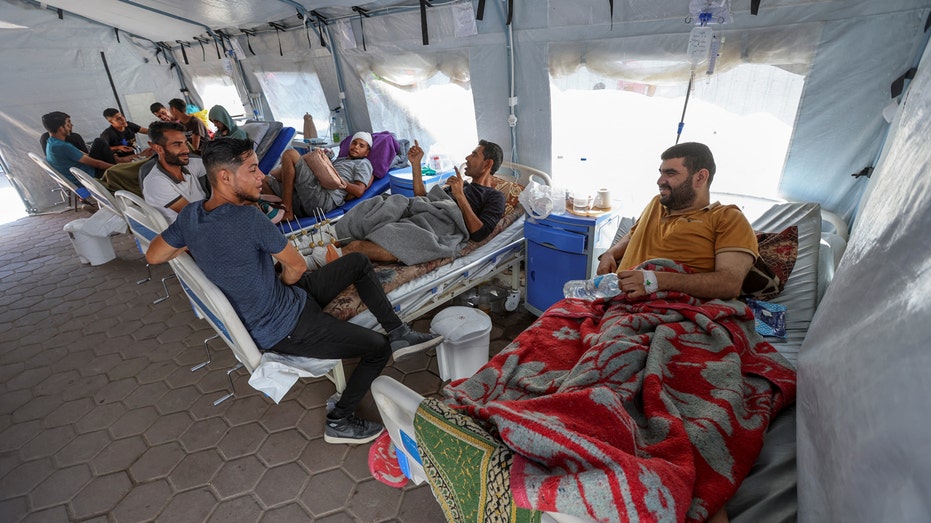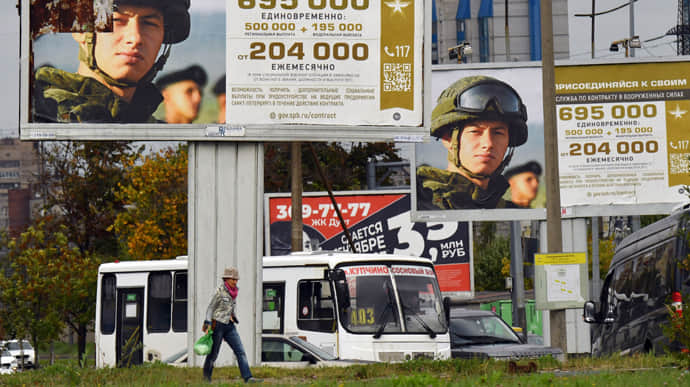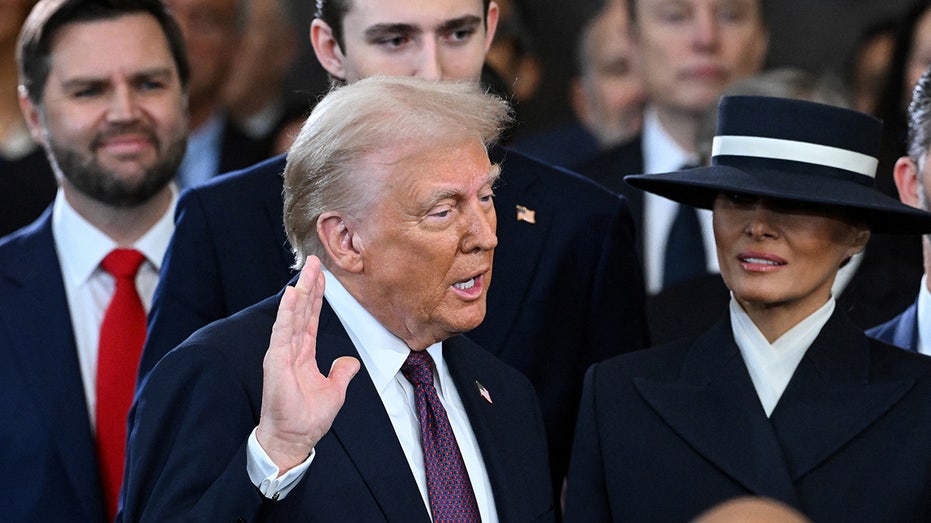With global crises multiplying, WHO's emergency program faces severe funding shortfall, report says
The world's many crises have left the World Health Organization short of funds and have the potential to hamstring the ability of its emergencies program to operate.

The World Health Organization's emergencies department is facing "existential threats" as multiplying health crises have left it so short of cash that it needed emergency funds to pay staff salaries at the end of last year, an independent report said.
It will likely have to ask for funding again to cover salaries up to June, the document, released ahead of the WHO’s annual meeting in Geneva this week, said.
In 2023, the department responded to 72 emergencies. They included earthquakes in Turkey and Syria, conflict in Sudan, Ukraine and Gaza, and a large global cholera outbreak.
US HEALTH SECRETARY SAYS AN AGREEMENT ON GLOBAL PANDEMIC RESPONSE TREATY IS NEAR
The report, by an independent oversight committee, said that countries need to strengthen their own preparedness efforts and the WHO must improve the way it transfers responsibilities to national authorities to cope with the increased demands.
It also recommends new guidelines for the WHO's role in managing long-lasting humanitarian emergencies, rather than the acute disease outbreaks that the department also deals with.
"More numerous natural disasters and conflicts in fragile states pose existential threats" to the performance of the emergencies program, the document reads.
Without increased capacity in countries, the WHO's emergencies program "will be obliged to cut back critical activities," it adds.
The WHO has a system of grading emergencies, with its highest level of alert being a "public health emergency of international concern", or PHEIC. Only polio remains at this level; WHO declared the end of the emergency for both COVID-19 and mpox in 2023.
However, the agency also responds to increasing numbers of other emergencies, from conflict to floods and infectious disease outbreaks.
Last year, while the WHO's overall budget was "relatively well funded", the emergencies program had a "critical" funding gap of $411 million, or around a third of its entire budget, the report said.
WHO member states have taken steps to reform WHO's funding and member states are set to discuss the report on Thursday.



